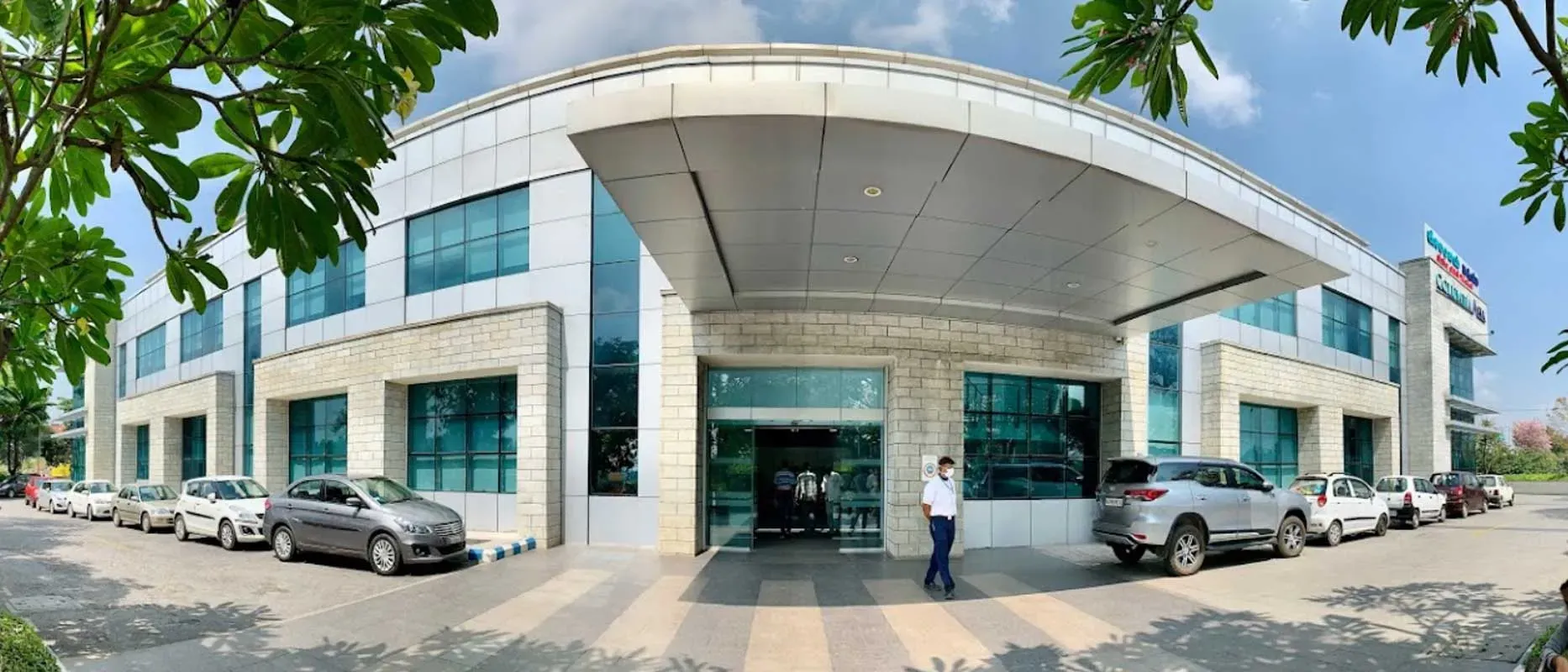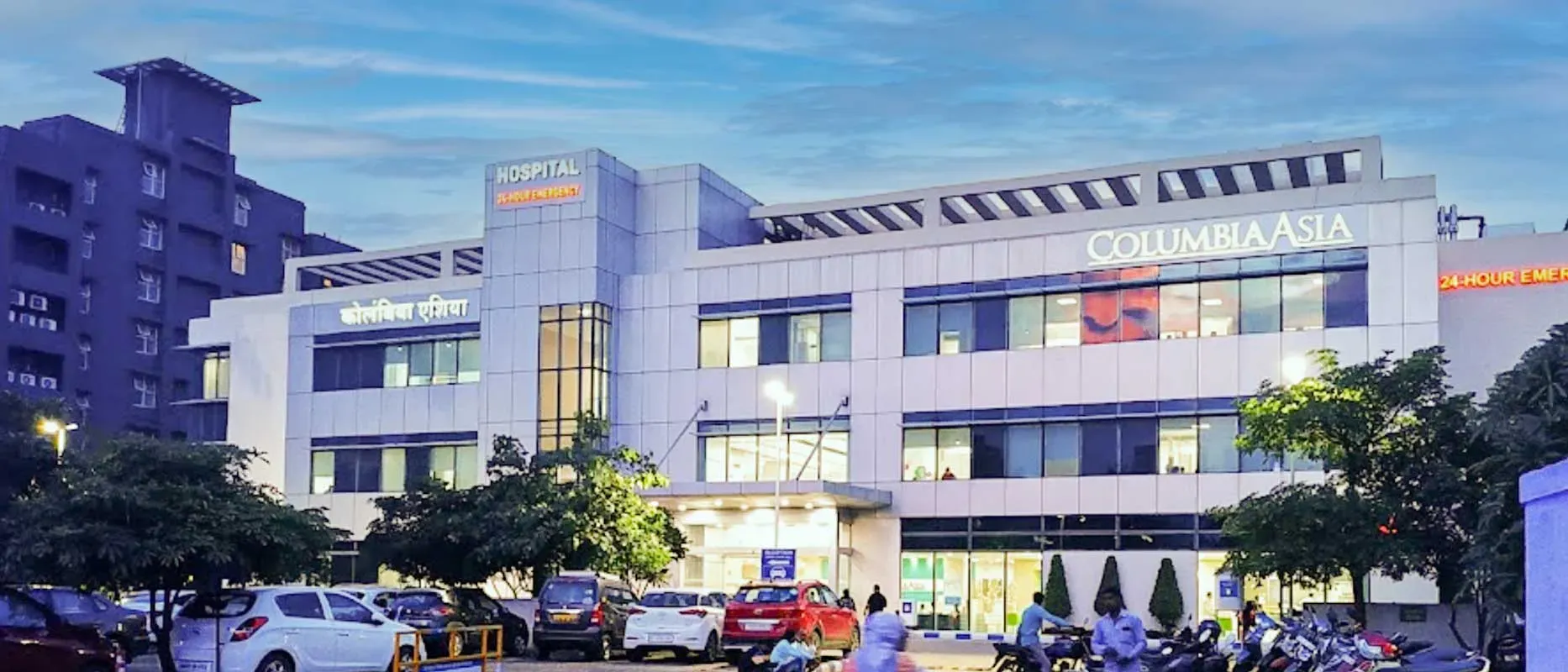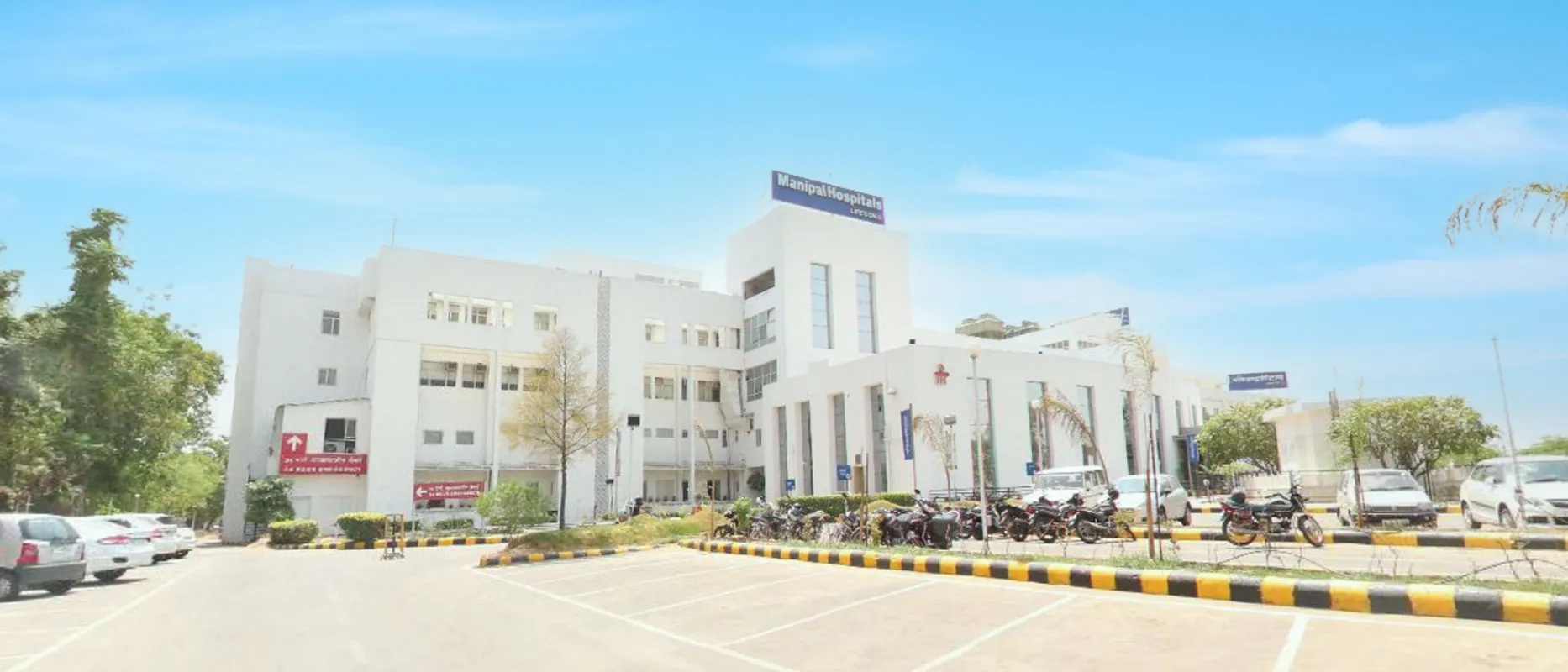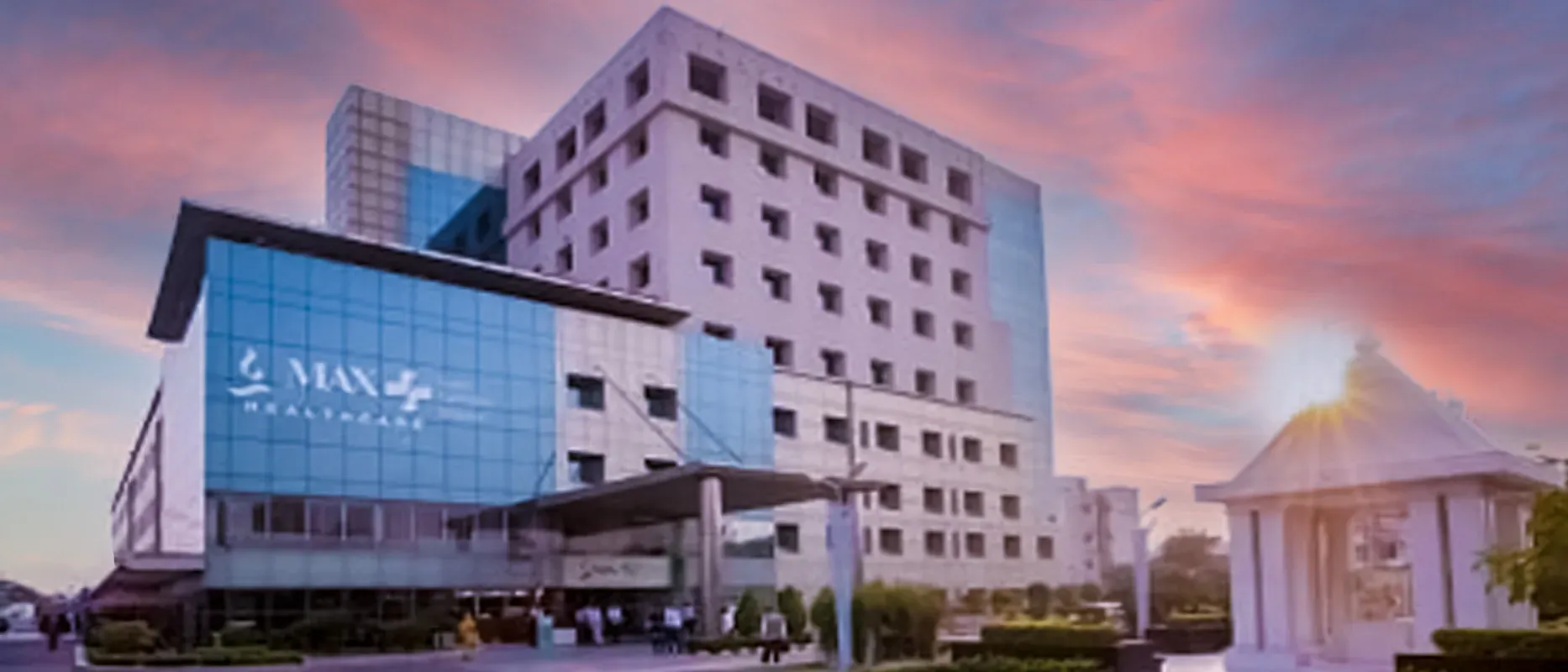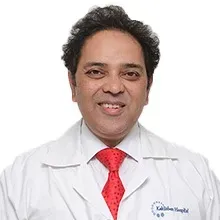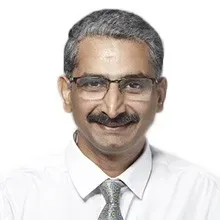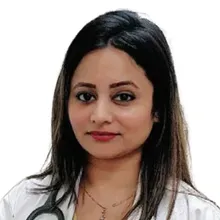Overview of Thalassemia Treatment India
Thalassemia is an inherited blood disorder which involves the excess reduction of red blood cells. Red blood cells help carry the oxygen which is important for normal cell functions, present in every organ and every tissue in the body. The body cannot function without normal blood cells. And hence produce severe effects throughout the body. Thalassemia is an inherited disorder which means it passes from one generation to another. Thalassemia are of two types: alpha thalassemia which involves the damage to the alpha globin chain, necessary for hemoglobin production. And beta- thalassemia there are changes in the beta globin chains in the production of hemoglobin. Beta thalassemia can be minor or major depending upon the extent of damage to beta chains in the hemoglobin. The most common type of thalassemia in India is beta-thalassemia. It is important for an individual with thalassemia to constantly be in touch with their physician and other team members of the health care system. In India, there is a high rate of prevalence for thalassemia which involves 1,00,000 new cases every single year. About 4-5% of the Indian population has the gene mutation which causes thalassemia. In India, there is a program which specifically works for prevention, diagnostic tests and treatment plans for thalassemia.
Types of Thalassemia Treatment India
Types of treatment for Thalassemia:
The type of treatment used for thalassemia depends on the type and severity of the disease. Some common types of treatment are:
-
Blood transfusions:
For the individuals suffering from thalassemia, regular transfusion is necessary to deliver healthy red blood cells throughout the body. The red blood cells supply the oxygen to the cells for their proper functioning.
-
Folic acid supplements:
The folic acid is an important substance to hold the production of new red blood cells in the body. It is often used with gene therapy to help and support the new red blood cells formed after the treatment.
-
Stem cell transplantation:
The stem cells form in the bone marrow which further produce the blood cells. In thalassemia patients, the stem cells or bone marrow transplant can be effective as it will produce new red blood cells and is cost effective for a very long time.
-
Iron chelation therapy:
The frequent blood transfusions can accumulate the iron in the body which has other adverse effects. To remove this excess quantity of iron in the body, some medications are used. These are:
-
deferoxamine
-
deferasirox
-
deferiprone
-
splenectomy:
In some of the patients, the spleen becomes damaged and excretes an excess amount of red blood cells, which can cause anemia. To overcome this, spleen is removed which is known as splenectomy.
-
Gene therapy:
In gene therapy, the defective gene which causes the damage is removed and a new healthy gene is replaced with it. In case of thalassemia, this procedure is in the experimental stage although it can cure the disease completely.
Types of symptoms of Thalassemia:
Symptoms of thalassemia may vary from individual to individual. There may be few mild symptoms present, or may be asymptomatic completely. In some individuals it represents itself in a most severe form. It is due to the type of thalassemia they are suffering from.
-
Fatigue (due to low oxygen level in blood).
-
Paleness
-
Bone deformities
-
Osteopenia/ osteoporosis
-
Flat nose
-
Enlarged forehead
-
Excess growth of upper jaw
-
Spleen deformity
-
Liver enlargement
-
Jaundice (increase bilirubin)
-
Growth defects
-
Development delay
-
Breathlessness
-
Irritation
-
Nail deformities
-
Low immunity
-
Dark urine
-
Weakness
-
Loss of appetite
-
Heart problems
Risk factors associated with thalassemia:
Thalassemia is an inherited disorder. So a positive family history of thalassemia increases the chances of developing the disease. The child may be the carrier of the gene or they may be the victim of thalassemia itself.
Some countries have a higher rate of gene defect which causes thalassemia. It is most common in the populations of the Mediterranean, African, Middle Eastern, and South Asian countries.
Individuals who carry the gene of developing the thalassemia are usually not the thalassemia patients. But when they pass the defective gene to offspring, they may catch the diseased conditions. Carriers have an increased risk of having children with thalassemia if they marry the person with the defective gene.
Thalassemia occurs due to changes in the genes which are responsible for hemoglobin production. Severity of thalassemia depends on the type of gene defect.
Marriage between close family members can increase the chances of thalassemia. When both parents have the same thalassemia gene defect, it may cause their child to be born with thalassemia.
Diagnosis of Thalassemia Treatment India
Diagnosis of thalassemia:
-
Complete blood count (CBC):
A CBC is a blood test that provides the information of blood cells. If the CBC shows a low level of red blood cells, and reduced levels of hemoglobin, it may be due to the thalassemia.
-
Hemoglobin electrophoresis:
This test helps identify the specific type of thalassemia present in the diseased condition and distinguish. It can also detect the abnormal hemoglobin production due to which thalassemia has occurred.
-
Iron level in blood:
It is important to differentiate between thalassemia and anemia. Thalassemia mostly represents normal or increased iron levels, while iron deficiency anemia always shows low levels of iron in blood.
-
Genetic testing:
Genetic testing is the most accurate method for diagnosing thalassemia. It also shows the specific gene defect involved. The blood sample is usually tested in laboratories and also shows the type and severity of thalassemia it can cause.
-
Physical examination:
The physical examination for thalassemia usually presents the signs and symptoms of thalassemia, such as pale skin, enlarged spleen, and abnormal bone structure. It can also be correlated with past medical history of the patient to make diagnosis of thalassemia.
Symptoms and Risk factors
Cost of thalassemia treatment in India:
The cost of treatment for thalassemia can vary according to the type and severity of the thalassemia, the type of treatment, the duration of the treatment, hospital facilities, and the city. Regular blood transfusions, iron chelation therapy, and a bone marrow transplant are all the treatment options for thalassemia. Here are some typical thalassemia treatments and their approximate costs in India:
Different procedures for Thalassemia and their cost in India:
Blood transfusion: the cost of blood transfusion in India ranges from 41 to 50 USD per session.
Iron chelation therapy: the cost of iron chelation medications in India ranges from 80 to 220 USD per month.
Bone marrow transplant: the cost of bone marrow transplant in India ranges from 21,000 to 56,000 USD.
Others: other treatment facilities like hospital stay, diagnostic tools and maintenance therapy in India can cost 50 to 60 USD.
Best doctors for thalassemia treatment in India:
-
DR. ABHAYA KUMAR SM, manipal hospitals.
-
Dr. Minakshi Bansal Vohra, Fortis Hospital.
-
Dr.Rahul Naithani, Max Healthcare
-
Dr.Pravas Chandra Mishra, Max super speciality healthcare
Best hospitals for thalassemia treatment in India:
-
Fortis Memorial Research Institute, Gurgaon
-
Apollo Hospitals, Chennai
-
Max Super Speciality Hospital, Saket, Delhi
-
Medanta - The Medicity, Gurugram
-
Manipal Hospitals, Bengaluru
Top Hospitals for Thalassemia in India
Shaping the future of the healthcare institution and establishing the path to accomplishment.
Top Doctors for Thalassemia in India
Empower your Health with the Expertise of Leading Medical Professionals.
Dr. Dharma Choudhary
Department of Cancer, Oncology & Bone Marrow Transplant
Senior Director
Book Appointment
Dr. Mahadeva Swamy B C
Department of Medical Oncology
Consultant
Book Appointment
Treatment Costs for Thalassemia
Be the change and be an opportunist in transforming healthcare.
How it's Works
Guiding your Journey from Discovery to Treatment Planning and Beyond.
Discovery
Get a consultation to discover about your treatment
Pre-Treatment
Admission to the best hospital and all pre-treatment facilities
Post Treatment
Get post-treatment follow-up care with medicine fulfillment
Treatment Planning
Hassle-free treatment planning with package & cost estimations
in-treatment
world-class quality procedures and equipment for treatment













